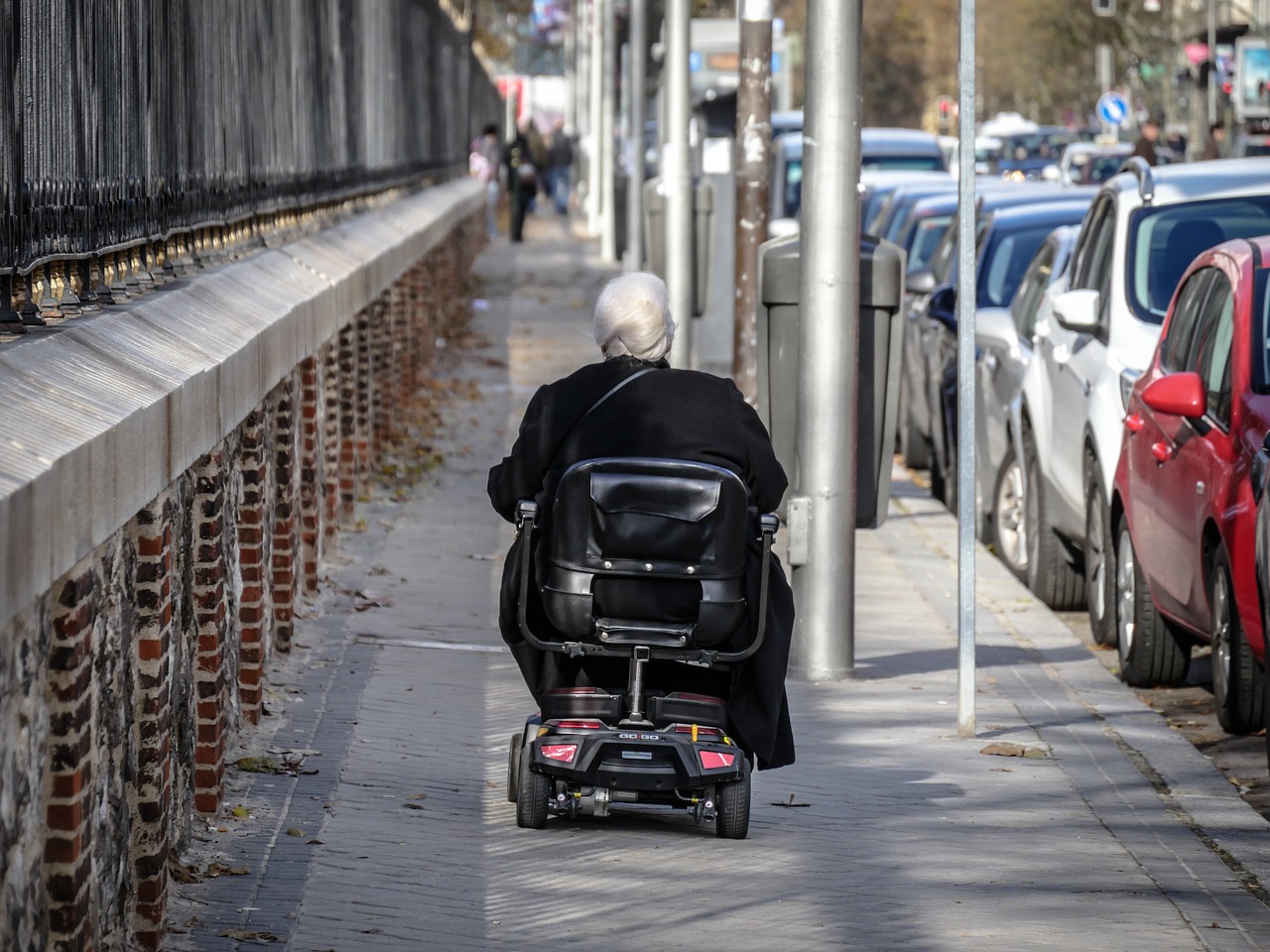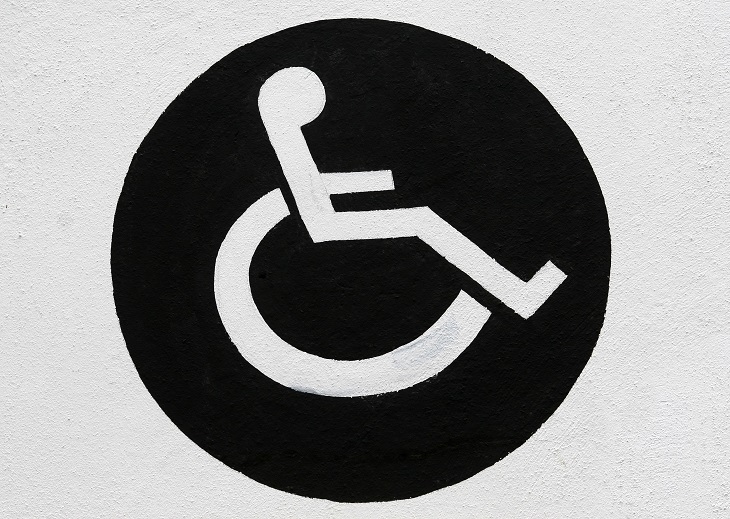Am I Eligible For A Disabled Parking Permit With My Disability?

Many Americans have a disability of some type. A disability can come in many forms and levels of severity. The United States disabled parking program is designed to help to improve the quality of life of people living with a disability, whether citizens of the country or visitors from overseas.
Lots of different types of disability qualify a person to use a disabled parking permit. The types of qualifying conditions range from severe disabilities, such as paralysis and heart disease, to relatively less severe conditions, such as backache, and even temporary conditions, such as short-duration injuries and pregnancy.
Each American state has its own unique disabled parking program. Laws are devised by state legislators on a state-by-state basis. Even within states, some jurisdictions and municipalities have their own unique bylaws, rules, and regulations. This situation makes sense, because each American state is unique and therefore has its own individual situation and needs.
The fact that each state’s disabled parking program is unique can cause confusion and stress among program users. But the good news is that, in reality, all of the individual states’ disabled parking permit programs are very similar. They are all based on the same template and are designed to be easily understood and efficiently implemented, and to work in tandem with each other.

The list of qualifying conditions is one of the details of the disabled parking program that does tend to vary somewhat state by state. But although there are minor details that differ, the main gist of the list of qualifying conditions remains similar in all states.
There are certain outlier states that have a few qualifying conditions that most other states do not have. For example, New York State recognizes various forms of mental illness as qualifying conditions, and several states with particularly warm climates recognize sensitivity to sunlight as a qualifying disability. Apart from outliers such as these, the main list of qualifying conditions is very similar in all states.
Whatever your disability, you will need to have a consultation with a medical professional before you apply for a disabled parking permit. The type of medical professional that can perform the consultation varies state by state. In some states, it must be a licensed physician based in the state, whereas in other states it can be a licensed physician, nurse practitioner, physician’s assistant, osteopath, chiropractor, optometrist, or podiatrist. Some states allow medical professionals from other surrounding states to perform the consultation. Consultations can be done in person, or online using telemedicine.
The examining medical professional will need to fill in the application for disabled parking permit form, confirming that the applicant has a qualifying disability, and stating how long they will need to use a disabled parking permit for.
The following disabilities qualify a person to use disabled parking in all states.
Mobility Issue
A person cannot walk a certain distance (decided by the relevant state, usually 50–200 feet) without the help of a walking aid such as a wheelchair, Zimmer frame, crutch, cane, brace, or another person.
Neurological Disease
A condition that affects the spinal cord, nerves or brain. Common neurological conditions include epilepsy, Parkinson’s disease, Alzheimer’s disease, muscular dystrophy, Huntington’s disease, and meningitis.
Heart Disease
Any heart or cardiovascular condition designated Class III or IV by the American Heart Association.
Respiratory Disease
The most common forms of respiratory disease are lung cancer, chronic obstructive pulmonary disease, emphysema, asthma, cystic fibrosis, and chronic bronchitis. All conditions that necessitate the use of a portable oxygen tank qualify.

Chronic Inflammatory Disease
The most common chronic inflammatory diseases are rheumatoid arthritis, lupus, gout, and inflammatory bowel disease.
Osteoarthritis
This is the most common form of arthritis. Osteoarthritis happens when the cartilage between bones wears away. This can cause a lot of pain because the cushioning between bones is reduced.
Multiple Sclerosis
MS is an autoimmune disease. The condition causes the immune system to attack the brain and spinal cord. MS can lead to vision problems and loss of mobility.
Being an Amputee
This is when a person has had a foot, leg, arm, hand or digit amputated.
The following disabilities qualify a person to use disabled parking in a few or several states:
- Mental illness
- Acute sensitivity to sunlight
- Deafness and blindness
- Chronic pain
- Obesity
This list of qualifying conditions is long and inclusive. As you can see, many of the descriptions are somewhat vague, especially “mobility issue,” and so can be interpreted quite loosely by the examining physician.
If you have any questions, or are not sure if your disability will qualify for disabled parking, talking to a doctor is always the best option.